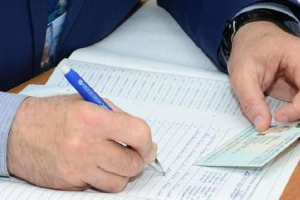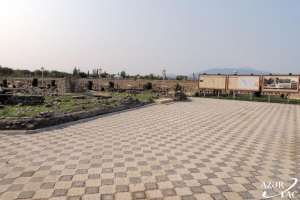


As part of efforts to assist impoverished Gaza Strip, striving to achieve food self-sufficiency, it was decided to grow pineapples on the lands of the Palestinian seaside enclave.
Fruits intended for sale on the domestic market are already grown in the first experimental greenhouse with an area of 1000 square meters, broken down in the south of the Gaza Strip, near Khan Yunis, under a project sponsored by the Dutch government.
Moussa al-Jadba, an agronomist who took over the responsibility of managing the project, told the correspondent of the agency France-Presse that he and his people are growing pineapples "for the first time in the temperate climate of the Gaza Strip after they established a greenhouse."
To date, 250 plants have reached maturity, and are expected to yield up to 4,000 fruits when harvest time comes.
"The goal of our project is to develop new cultures, and help Gaza farmers achieve self-sufficiency," Jadba added.
"The Gaza Strip suffers mainly from the excess of salty and dirty water, which prompted the union to grow pineapples because they do not need much water," he added, referring to the Palestinian Agricultural Union.
Jadba's remarks are well-grounded: Gaza suffers from severe water pollution, with more than 95% of its groundwaters also unclean, which increases the risk of serious illness.
Since 2007, when the terrorist group Hamas seized power in Gaza, the lion's share of funds and aid intended for civilian infrastructure go exclusively to the needs of the military wing - including the construction of terrorist tunnels stretching to the territory of Israel.
For its part, the official Ramallah accused Hamas of abandoning the construction of a desalination plant, which will ensure the supply of clean water for the residents of Gaza.














